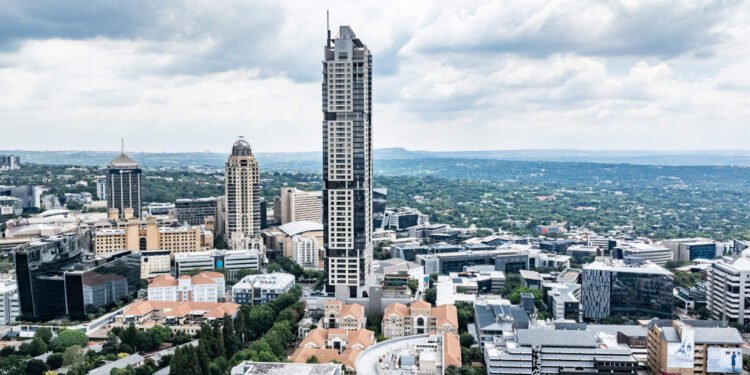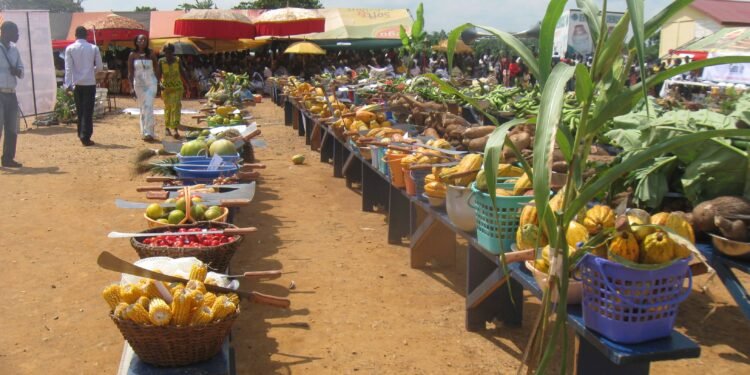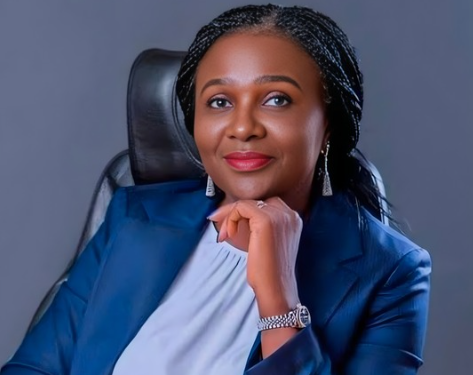President Nana Addo Dankwa Akufo-Addo has highlighted the significant advancements in Ghana’s judicial infrastructure, noting a key initiative launched in 2020 aimed at enhancing legal administration nationwide, during his State of the Nation Address (SoNA) for 2024.
The initiative has seen the successful inauguration of 67 courthouses and residential facilities for judges as of January 31, 2024, with plans to inaugurate 12 additional courthouses by the end of February 2024, aiming to complete all 100 projects before May 2024.
“We have made unprecedented progress in the provision of court buildings and residences for judges around the country. In 2020, Government set out to construct one hundred (100) courthouses with residential facilities nationwide.”
President Nana Addo Dankwa Akufo-Addo
According to the President this infrastructure overhaul not only addresses the physical state of Ghana’s judicial infrastructure but also relieves the burdens faced by Justices due to previously inadequate facilities. The construction of these courthouses, along with 112 residential units for judges nationwide and 20 fully furnished 4-bedroom homes for Justices of the Court of Appeal in Kumasi, signifies progress in Justice delivery. This development is expected to significantly impact the efficiency and effectiveness of judicial processes across the country.
“The project is not complete yet, but we have done enough to be able to say that we have resolved the problem of the disgraceful state of court buildings. The attention now is to the digitalisation process of the courts to modernise the entire system.”
President Nana Addo Dankwa Akufo-Addo
The President of the Republic while delivering the State of the Nation Address in Parliament highlighted the government’s commitment to strengthening the judiciary and improving the administration of justice in the country. The appointment of a new Chief Justice, additional Justices to the Supreme Court, and numerous judges and magistrates across various levels of the court system is a clear indication of efforts to enhance judicial capacity and efficiency.
Furthermore, the President stressed that the recruitment of additional staff to support these newly established courts addresses critical human resource needs, ensuring that the judiciary is better equipped to handle cases promptly and effectively.
The replacement of retiring Justices with new appointments in January 2024 also underscores the ongoing nature of these reforms, ensuring continuity and stability within the Supreme Court. These developments are crucial for upholding the rule of law, providing timely justice to citizens, and fostering an environment where legal disputes can be resolved fairly and efficiently. This progress in judicial appointments and expansions is a positive step towards enhancing access to justice for all Ghanaians, reflecting the government’s dedication to improving governance and legal frameworks in Ghana.
In addition to these efforts, the government has also implemented various measures to tackle corruption within the judiciary, including the establishment of a specialized court to handle corruption cases and the introduction of electronic case management systems to increase transparency and accountability as reported to Parliament by President Akuko-Addo. He stressed that these initiatives are expected to further enhance public trust in the judiciary and promote a culture of integrity and fairness in the administration of justice.
Furthermore, the President reiterated that his government has made significant strides in digitizing the courts to modernize the entire system and foster greater access to justice. On the virtual court system, which was rolled out during the COVID-19 pandemic, the 160 courts had been equipped with devices for real-time transcription of cases, and 51 courts were piloting the paperless court system in Accra.
The President also mentioned the Office of the Attorney General’s role in contesting civil litigation and avoiding judgment debts, saving the country over GHC10 trillion. He noted that a “Law House” was being commissioned, a 12-storey building that would house the Offices of the Attorney General and Ministry of Justice, aiming to bring an end to the age-old office accommodation problem.
Overall, the President’s report on the progress in the administration of justice underscores Ghana’s commitment to improving its judicial infrastructure, enhancing the efficiency of the judiciary, and modernizing the legal system to foster greater access to justice for all Ghanaians.
READ ALSO: President Nana Addo Concerned About West Africa’s Democratic Regression























